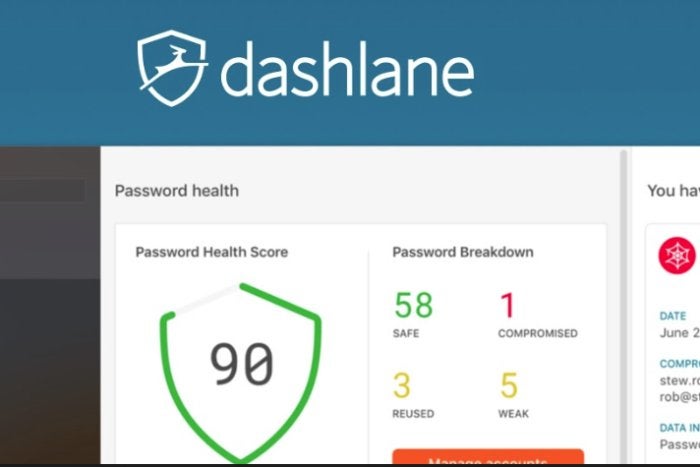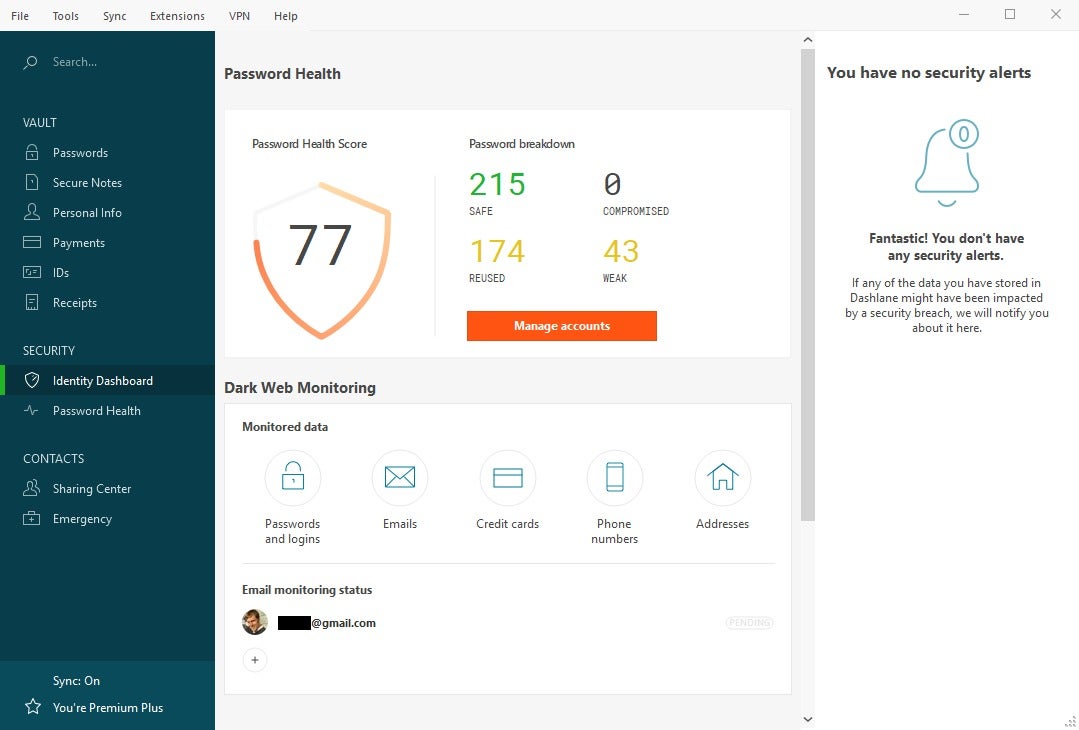
Unfortunately, password bad practice also extends to the IT world, with 50% of IT professionals reusing passwords across multiple workplace accounts.Ī prime example of this is the recent hack experienced by Nissan North America. A recent study from OWASP found that “123456”, “password” and “qwerty” are consistently the most commonly used passwords across the globe, even in today’s increasingly cyber-aware world. As a population, we’re terrible at creating strong passwords and, because of this, passwords can be the weakest link in a company’s security. The other half lies within an organization’s security culture. However, advancement of attack methods is only half of the problem. In recent years, hackers have developed increasingly sophisticated methods of stealing credentials to gain access to corporate accounts, moving from brute force attacks to targeted and highly effective social engineering attacks, such as spear-phishing and pharming.


“Traditional” methods of saving passwords on post-its and in Excel docs, and sharing them via instant messages or emails, are not strong enough to keep your business secure.


 0 kommentar(er)
0 kommentar(er)
